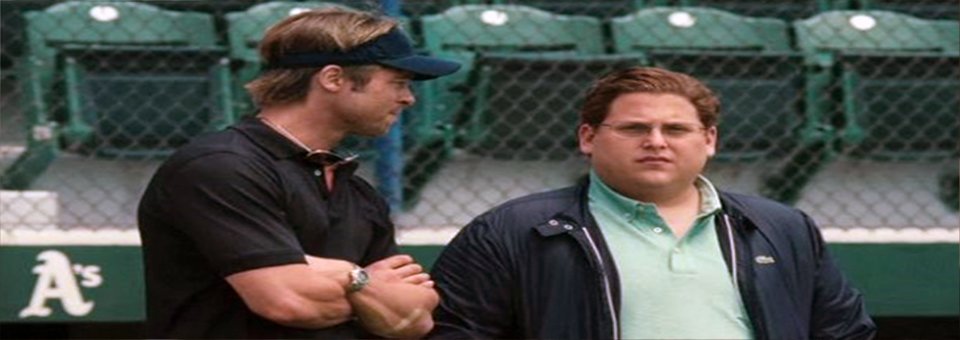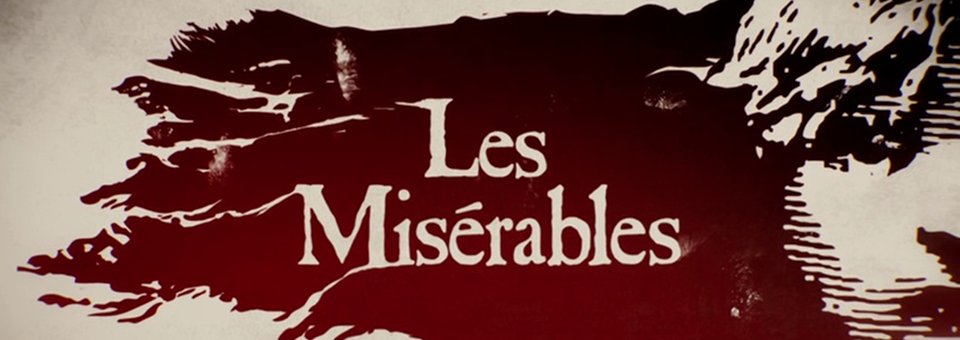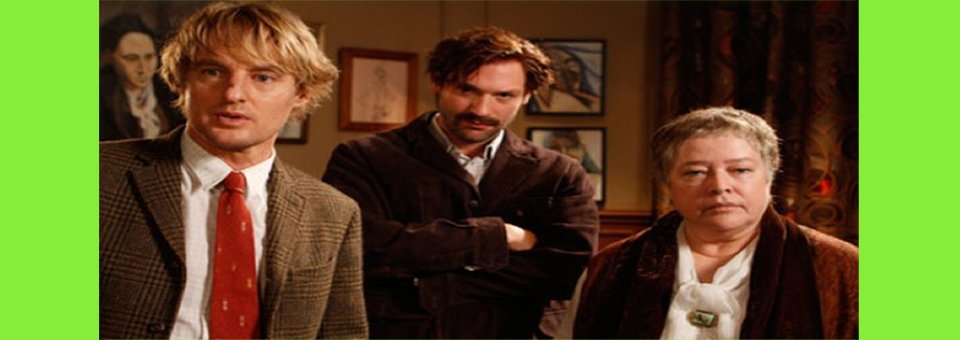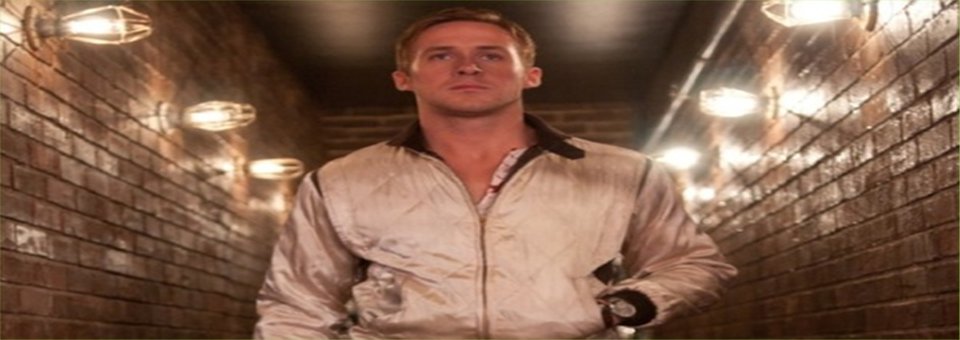My initial thoughts when I saw this in the theater were that it was a flawed movie. There was only one true character, Billy Beane (Brad Pitt), another half character in Peter Brand (Jonah Hill), and that the rest were basically just one-liner throw-ins to create depth. I remember that the much publicized script problems (which is why it took this movie so long until it finally got made) were not hidden very well as it seemed like the final script had been a composite of two mashed together; not even the “great” Aaron Sorkin could completely fix the script. And, perhaps most importantly, Moneyball the movie basically seemed like the vessel for which Brad Pitt (who, when he became attached to the movie in 2007 made sure he willed it to be made) would be nominated for Academy Award for Best Actor, and hopefully win. Upon a second viewing at home I’d have to say that not much else has changed.
Beane’s character in the movie is the most dynamic of any of them, and even that may be stretching it. Between the few flashback scenes of why Billy believes what he does (i.e. winning a championship is all that matters, baseball thinking needs a shake-up, and he is somehow cursed) and the few scenes with Billy and his daughter there isn’t much else there besides a somewhat loveable douche – a guy who is confident (at least when he’s not by himself) in what he is doing and doesn’t really care how he treats the naysayers. Pitt’s performance is very good for what he is given, but there is not too much there to begin with. Pitt’s perfect smarmy smirk nails who Beane portrays himself to be and the rest is basically filler. The other somewhat fleshed out character would be that of Peter Brand. The only reason Brand gets to be separated from the other ancillary characters would be simply because he gets more screen time than any other character aside from Beane. Brand is basically a one-trick pony, they young guy who ends up being mentored by Beane. He is confident in his statistical measuring system but then also lacks all confidence when dealing with anyone other than Beane. By the end the circle becomes complete as he gives Beane a word of advice. Other than that his character is not much explored. If you are hoping for any other character traits than that then you are out of luck. Every other person that shows up in the movie (including Phillip Seymour-Hoffman’s portrayal of Art Howe) is basically a caricature.
Aside from character issues the movie’s main issue really is the fact that it seems to be two movies crammed together and then scotch taped. The first 2/3 of the movie are basically a tug-of-war between Billy Beane and the baseball establishment or the old way of baseball thinking. From his own hired scouts, to the manager of his team, to other GMs, and baseball pundits it is Billy Beane against the world. This movie is fine, everything is going great and Billy’s tactics work as the Oakland A’s end up setting the single season winning streak record at 20 (which is randomly introduced by it’s own title card, the only segment of the movie to get such a distinction). However there is a problem with this, and that is that Hollywood and the particular tropes of a sports movie can’t allow a movie to end in the middle of the regular season (even though the perfect ending of a walk-off home run is in place). This is the point where movie two is thrown in.
All of a sudden we move out of sports movie land. Up until this moment this seems like a typical sports movie except with the focus on a general manager instead of a player or coach. Then they throw a curveball at the audience and the movie becomes about the legitimacy of the statistical analysis formula. Beane, even though he brings up a familiar sentiment of “it doesn’t matter unless you win the final game of the season”, releases a caveat in saying that this new way of baseball thinking is no good unless they win the championship. We get one last shot of the Oakland A’s losing in the first round of the baseball playoffs and it becomes a movie solely about Beane’s decision. We see Beane get offered the Red Sox GM job and the fact that he was offered the highest salary a GM in any sport has ever received validates the new way of thinking and building a baseball team. This act is completely tacked on. The movie moves away from the sports movie and into something else entirely, not to mention that what it moves into isn’t done particularly well anyway.
Having said all this though, there is something redeeming about the movie. Maybe it’s because I am a sports fan and as long as a sports movie is done adequately it will end up striking a chord. I don’t know. Perhaps it’s just the shear force of the loveable Brad Pitt on screen, his inability to watch his own team in fear of jinxing it or his sure I’m kind of a jerk but I’m still a good guy at heart feel. Whatever the case may be it does hold you into your seat.
While the movie should not be lauded as an great movie, it is still solid. It is better than most of the mediocre shlock you might see regarding fighting robots, highly stylized Ancient Greeks or comic book heroes, or the rest of what usually comes out today. But this movie does not deserve recognition for being a great movie or a best movie of the year. It is a solid movie and that’s that.








